1. Who named Hanoi ?
- Ly Thai To0%
- Gia Long0%
- Minh Mang0%
- Tu Duc0%
The book History of Hanoi Capital wrote: "In 1831, King Minh Mang merged the old Thang Long citadel with several surrounding districts such as Tu Liem district, Ung Hoa district, Ly Nhan district and Thuong Tin district to form Hanoi province, taking the old Thang Long citadel area as the provincial capital of Hanoi".
2. What does the name Hanoi mean?
- City in the middle of the plain0%
- City inside the river0%
- City near the mountain0%
- Red River City0%
According to the book 1,000 years of Thang Long - Hanoi by To Hoai, Ha means river, Noi means inside. Ha Noi means the city inside the river, because Hanoi is surrounded by the Red River and the Day River.
3. How many official names does Hanoi have?
- 50%
- 70%
- 100%
- 120%
Hanoi has gone through 10 official names.
According to the country's official history, in the autumn of Canh Tuat year (1010), King Ly Thai To moved the capital from Hoa Lu to Dai La citadel, changing the name of the capital to Thang Long, now Hanoi. Since then, Thang Long - Hanoi has experienced and witnessed many ups and downs of history.
The book Place names and territorial sovereignty of the Vietnam Resources - Environment and Map Publishing House points out 10 official names of Hanoi. These are the names recorded in history books by feudal dynasties and officially set by the Vietnamese State:
- Long Do
- Tong Binh
- Dai La or Dai La Citadel
- Thang Long (dragon soars)
- Dong Do
- Dong Quan
- Tokyo
- Bac Thanh
- Thang Long (prosperity)
- Hanoi.
In addition, Hanoi also has some unofficial names such as Truong An, Long Bien, Long Thanh...
4. The name Thang Long appears twice in the official names of Hanoi but has two different meanings?
- Correct0%
- Wrong0%
According to the monthly magazine Events & Witnesses of the People's Army Newspaper , the name Thang Long first appeared in 1010, meaning "flying dragon", symbolizing the rising spirit, the desire for peace , a happy life and the dream of favorable weather of the nation. In 1802, when Gia Long moved the capital to Phu Xuan, the word "long" was changed to "prosperous", keeping the old name but removing the meaning of "dragon" because the king was no longer in Thang Long.
5. When was the phrase "Hanoi, Capital of the Democratic Republic of Vietnam" first recorded?
- 19300%
- 19450%
- 19460%
- 19540%
According to the National Archives Center, on September 2, 1945, at Ba Dinh Square, President Ho Chi Minh read the Declaration of Independence, giving birth to the Democratic Republic of Vietnam. Choosing Hanoi as the place to read the Declaration showed that the Provisional Revolutionary Government intended to choose Hanoi as the capital of an independent Vietnam.
In Decree No. 51-SL dated October 17, 1945 on the General Election regulations, Clause 12, Article 69 clearly states: "Upon receiving the list of national delegates, the Provisional People's Government shall set a date to convene the National Congress in Hanoi, the capital of the Democratic Republic of Vietnam."
This is the first Government document to appear the phrase "Hanoi, capital of the Democratic Republic of Vietnam".
Next, in the Declaration of the National Assembly and a number of telegrams at the first session on March 2, 1946, this phrase continued to be recorded. At the second session on November 9, 1946, the first National Assembly passed the 1946 Constitution. Chapter 1, Article 3 stipulates:
"The flag of the Democratic Republic of Vietnam has a red background and a five-pointed yellow star in the middle.
The national anthem is the Marching Song.
The capital is located in Hanoi".
6. In which year did Hanoi become the capital of the Socialist Republic of Vietnam?
- 19540%
- 19750%
- 19760%
- 19770%
When the South was completely liberated and the country was completely unified, in July 1976, at the first session of the 6th National Assembly, the National Assembly unanimously decided to make Hanoi the capital of the Socialist Republic of Vietnam. Hanoi was awarded the title "City for Peace" by UNESCO (July 16, 1999) and was awarded the title "Heroic Capital" by President Tran Duc Luong in 2000.
Source: https://vietnamnet.vn/ai-dat-ten-cho-ha-noi-2444038.html



![[Photo] Secret Garden will appear in Nhan Dan Newspaper's Good Morning Vietnam 2025 project](https://vphoto.vietnam.vn/thumb/1200x675/vietnam/resource/IMAGE/2025/9/19/cec307f0cfdd4836b1b36954efe35a79)
![[Photo] Spreading Vietnamese culture to Russian children](https://vphoto.vietnam.vn/thumb/1200x675/vietnam/resource/IMAGE/2025/9/19/0c3a3a23fc544b9c9b67f4e243f1e165)
![[Photo] National Assembly Chairman Tran Thanh Man holds talks with Speaker of the Malaysian House of Representatives](https://vphoto.vietnam.vn/thumb/1200x675/vietnam/resource/IMAGE/2025/9/19/5cb954e3276c4c1587968acb4999262e)
![[Photo] Sea turtle midwives](https://vphoto.vietnam.vn/thumb/1200x675/vietnam/resource/IMAGE/2025/9/19/9547200fdcea40bca323e59652c1d07e)

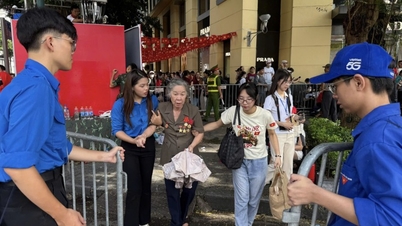











![[Video] Sharply reduce the number of focal points, restructure public universities](https://vphoto.vietnam.vn/thumb/402x226/vietnam/resource/IMAGE/2025/9/19/8e42fc08614e40b1b9873457c37f376f)
























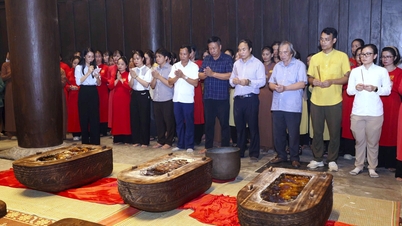

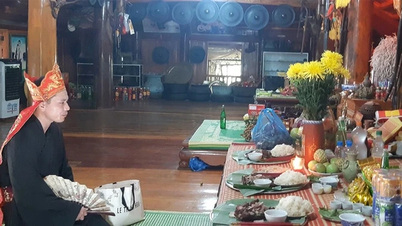












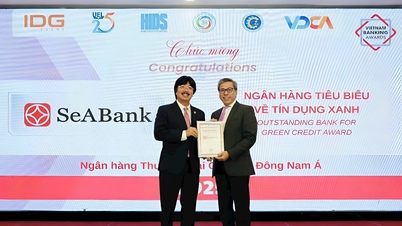




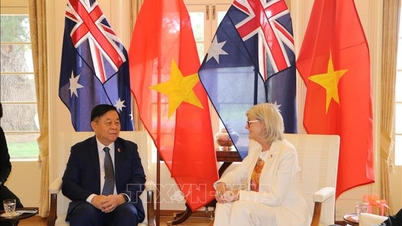





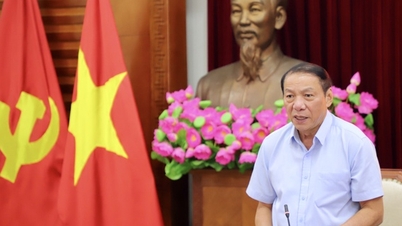

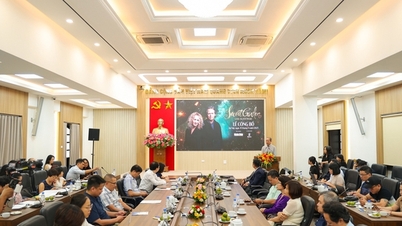





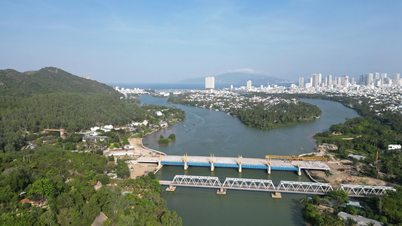




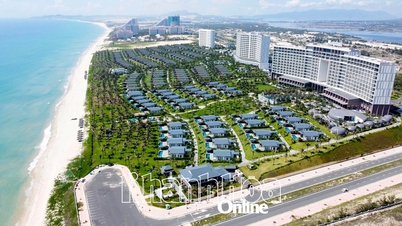

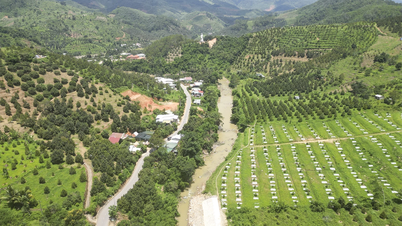












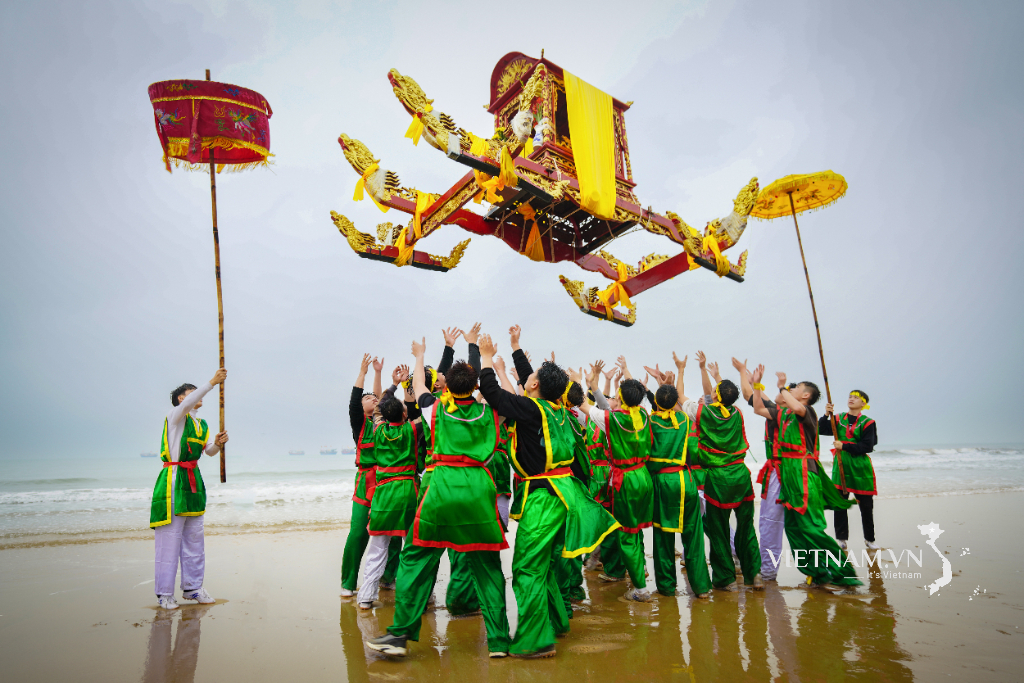


Comment (0)